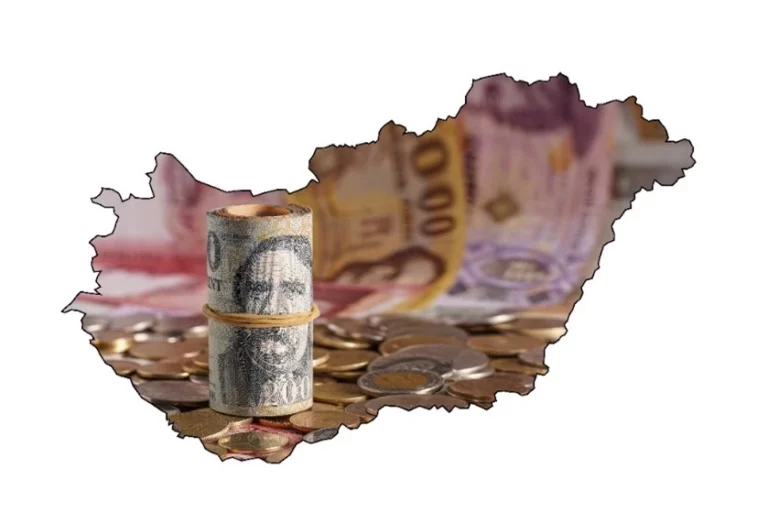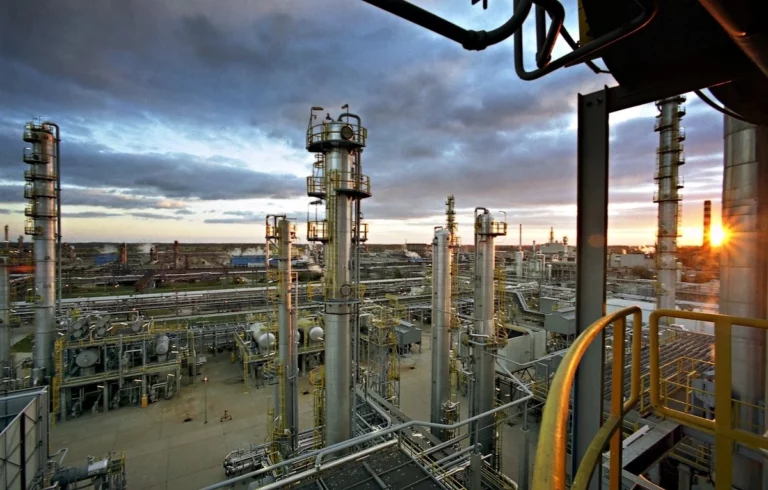Poland
President: Hungarian-Polish friendship will last forever

Polish newspaper: Hungary is a Schengen visa paradise for the Russians

Reader’s letter: Who is responsible for national oppression in Transcarpathia?

Former Polish leader: Hungary is half out of the EU!

Polish official: despite disagreements, Polish-Hungarian cooperation is important

Shocking: Shopping is a third more expensive in Hungary than in Poland

Reader’s Letter: the energetic future of Hungary

VIDEO: Hungarian tourist bus full of passengers catches fire on the road in Poland

Should we expect a 380 or 425 HUF/EUR exchange rate in 2023? Here are the prognoses

Hungarian foreign minister praised Poland’s leaders

Polish energy giant to conquer Hungarian fuel market?

Head of Warsaw National Cultural Centre receives Hungarian state award

“Hungarians are Trojan horses of the Russians” – Czechs and Poles boycott V4 meeting
Hungary is usually the last country to agree to EU sanctions packages. They ask for concessions and threaten not to...
Missile attack against Poland sent the Hungarian forint plummeting again

Orbán convenes Defence Council tonight due to bombing of Poland and Friendship pipeline

Radical politician talks about a Hungarian-Polish border, Ukraine reacts swiftly

Orbán greeted Poland in a letter sent to his Polish counterpart

New pipelines help Hungary further diversify its energy imports





 ZH
ZH IT
IT DE
DE HR
HR NL
NL FR
FR JA
JA RO
RO RU
RU ES
ES TR
TR
